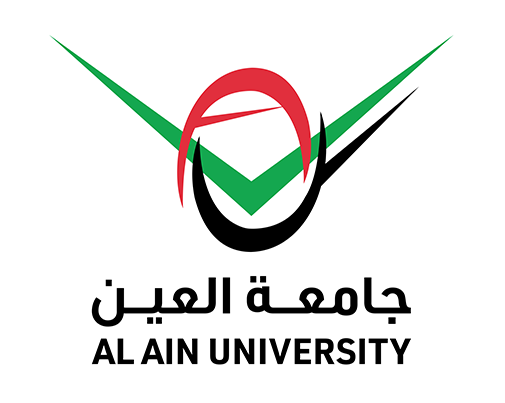AAU Journal of Business and Law مجلة جامعة العين للأعمال والقانون

Abstract
The process of dispute settlement at WTO has been delegated to independent entities: private groups that consider cases as first instance structures, and the Appellate Body that hears appeals for special group summaries. For its part, the dispute settlement body (DSB), the political structure composed of all members of the Organization and its primary task is the general administration of the dispute settlement and decision-making system. The recommendations contained in the reports of the Special Groups and the Appellate Body are binding on the parties to the dispute only after the dispute settlement body has adopted them. However, this process of adoption is now almost automatic; in order not to adopt a resolution it is necessary for all members to agree unanimously, according to a technique known as the "reverse consensus" or "negative consensus", which we do not yet know a similar in the international law. The political control exercised by the dispute settlement body remains generally theoretical, because the reverse consensus technique imposed almost as a decision-making mechanism. As long as the complainant insists on his complaint, it is inconceivable that the parties to the dispute are not convinced of the outcome of the dispute and raise a consensus not to adopt a particular report. In fact, if members have not collectively endorsed the abstracts or solutions of special groups or the Appellate Body, they have not prevented the adoption of any report. The appeal procedure is without doubt the most prominent and authentic new addition to the Organization's dispute settlement mechanism established by the Marrakesh Accords. The parties to the dispute seen by the Special Group can only appeal to the Appellate Body within a specified period of the date of the distribution of its report to the members of the Organization. The designation given to this body raises the question: the appeal is aimed at amending or canceling a judgment of the first instance judge by second-tier judges and article 17 (13) of the memorandum of agreement goes in the same context, stating that: The Appellate Body may uphold, modify or reverse the legal findings and conclusions of the panel". Thus, the powers granted to the Appellate Body are not far from those granted to courts of appeal in national legal systems. However, this rapprochement is soon reaching its limit, because judicial practice in national systems gives the appellant the power to review first instance judgment in relation to facts and law. However, the situation is different at the level of the Organization. Article 17 (6) defines the appeal “shall be limited to issues of law covered in the Panel report and legal interpretations developed by the Panel.” The Appellate Body, then, is a judge of law who considers violations of the rules of law by the Special Group. Its function is as close as possible to a court of appeal as is known in some national legal systems, such as the French system. We have the right to question the new system of the Appellate Body of the Dispute Settlement Mechanism of the World Trade Organization under the Marrakesh Accords, and the new features that distinguish it from the mechanisms of contemporary international justice, both procedural and functional.
Recommended Citation
Yahiaoui, Tarek
(2017)
"The Appellate Body of the Dispute Settlement Mechanism of the World Trade Organization,"
AAU Journal of Business and Law مجلة جامعة العين للأعمال والقانون: Vol. 1:
Iss.
2, Article 4.
Available at:
https://digitalcommons.aaru.edu.jo/aaujbl/vol1/iss2/4

